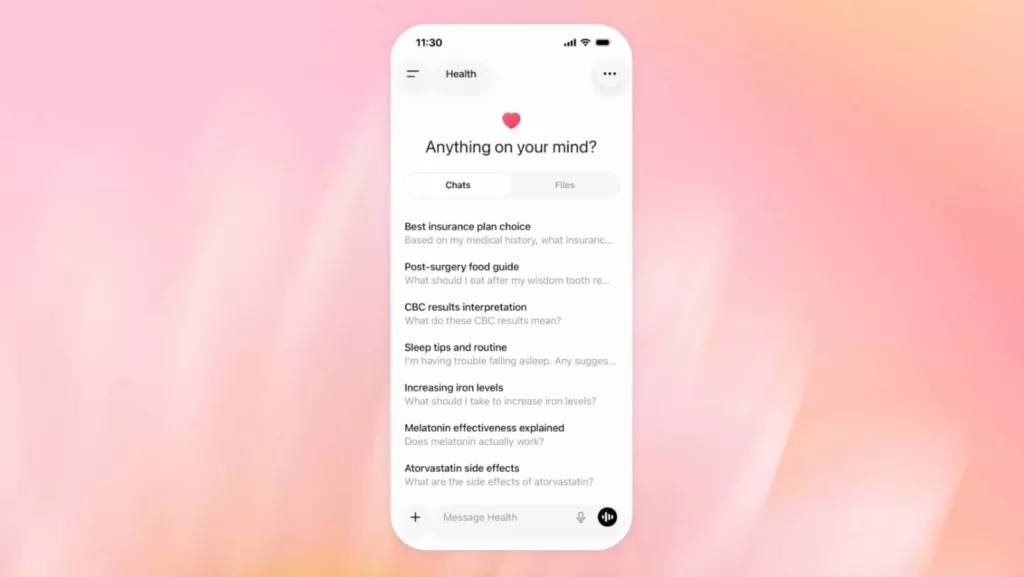AI has its positives and AI has its negatives, but ultimately the technology that is basically a prediction engine is there to assist you. It can help you code out of text prompts and proof and edit some of that text on your phone.
Assistance is where most people currently have success with AI.
But what if AI was being engineered against you? What if AI could be used to make your life a little more difficult, and make you pay more for goods and services?
That’s what could happen with more airlines in the coming years, at least based on a test Delta Airlines is trying in the US.
Simply put, Delta is testing a new process that will use data points about users to inform how much the airline charges for a ticket. It is using information about people to define and personalise a ticket price, allowing the airline to effectively maximise the prices is charges on flights relevant to specific people.
It’s different to how ticket prices work today which are schedule based, alternating based on demand, days of the week, preferred flight times, and so on.
There’s more to it than that, largely because supply and demand isn’t always obvious, and airlines can often charge whatever they want. However, services exist to track these changes, and you can typically see the better days and times to work out when to depart if you’re trying to nab the best price.
But AI threatens to change all of that, and potentially make the whole thing worse. Much, much worse.
Instead of schedules and seemingly random changes, Delta’s use of AI for flight pricing will effectively use an AI model to work out how better to target specific customers to charge a higher price, something Delta hasn’t been shy in talking about. The airline is currently trialing it in around two percent of its sales, and it’s apparently successful, which isn’t a surprise given people need to fly and will usually pay what’s being asked.
To do make this work, Delta is employing the services of an AI company Fetcherr, a company that offers a generative pricing engine that can automatically change ticket prices based on data about you.
Fetcherr’s own whitepaper notes that its model covers variables such as seat availability, current news, weather conditions, events, flight schedules, and oil prices, but doesn’t say what Delta will be looking at, and if Delta’s own data will go deeper.
Our guess is yes, since much of this data wouldn’t necessarily be immediately helpful for personalised pricing about individuals.

Delta hasn’t been specific about what this data is exactly, but it likely includes information as a customer, and could be expanded to cover any available data, such as social information and where you’ve travelled to prior. An AI model could make work of this, and use it to guess how much you’d be willing to pay, potentially increasing the cost of a ticket in the process.
For instance, if an AI model can learn from points on your social that you’ve taken several trips in the past year, albeit with different airlines, it could make certain legs of a journey more cost effective for you, while essentially locking you into a price that is more expensive in other ways.
In an age where airfares tend to be controlled to the point where ordering at different times for various days can change pricing considerably, having an airline move to a system that can charge you more simply based on your personal choices — on points of data that may be out of your control — starts to turn booking flights into something out of Black Mirror.
The whole concept reeks of being unfair, or perhaps more succinctly, an unfare, and could eventually see government scrutiny both in the US where it’s being tested, and in other countries when launched there.
Frustratingly, you just know that other airlines around the world will move to this system if Delta can prove it successful, which means it is likely on the way to Australia, and government bodies like the ACCC may want to sit up and take notice.





